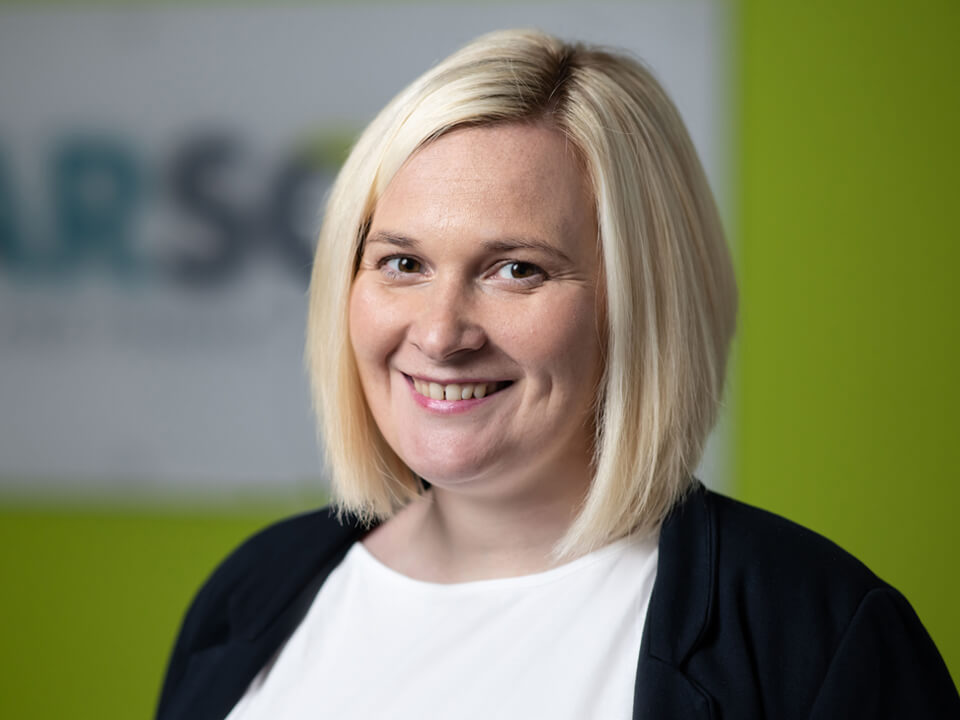How to avoid conveyancing fraud when buying a house
It seems that scammers are invading every area of our lives and it always pays to be vigilant, no more so than when selling a house because conveyancing fraud is on the increase.
Conveyancing Solicitors keep clients safe from conveyancing fraud
At Pearson Solicitors cyber security is important to us, all our staff are regularly updated on fraud, we have anti-virus software on all our devices, training is robust, and we always advise clients to use a professional conveyancer for their property transactions and not to risk doing it alone when selling or buying a house.
“A Facebook post about getting your keys tomorrow, or good news stories about completing on a dream house will alert scammers who are actively targeting property purchases,” warns Conveyancing Solicitor and Head of Property, Victoria Marshall.
“The aim is to trick purchasers into transferring the deposit into a fraudulent account. This type of Payment Diversion Fraud is on the increase, scammers impersonate solicitors to divert payments to their accounts and it is something we are aware of and work closely with clients to prevent.”
How to avoid conveyancing fraud
To avoid conveyancing fraud Victoria advises those buying a house to:
- Be vigilant
- Check payment details and speak to your solicitor if you are concerned, they will always understand your worries
- Be wary of urgent payment demands or last-minute payment changes. If you're pressured to pay quickly, this could be a red flag.
- Double check with your solicitor before transferring funds as emails can be intercepted.
- Test the account with a small sum before transferring all the money
- Avoid using unprotected Wi-Fi systems as they can easily be hacked
- Does the request contain spelling mistakes, unusual grammar, errors or anything that seems odd? – if it seems odd it probably is
- Law firms rarely change their bank details so if you receive an email or phone call stating a change then question it and check personally with your solicitor, call them back on the number you have.
- While it is tempting to share news of your house move on social media perhaps wait until it all goes through before posting your news
- Finally, if in doubt DO NOT transfer money until you are satisfied
Please remember that Pearson Solicitors will never ask for any money to be transferred to us via e-mail alone and our bank details will remain the same as those stated at the start of the transaction and will not change.
Conveyancing fraud on the increase
In a report, Lloyds Bank warned that it received 29% more reports of conveyancing fraud in the second half of last year and victims lost an average of £47,000.
“Cybercrime is becoming an increasing problem in all aspects of our day to day lives and as a busy residential property department we transact large amounts of funds every day. If clients receive any communication from Pearson Solicitors which refers to transferring funds to us we advise them to be vigilant and if they have any concerns or reservations they should contact the staff member or team dealing with your transaction by telephone as soon as possible and not engage in any other communication regarding the matter,” adds Victoria Marshall.
“Some of the fake email addresses impersonating a solicitor may only have one character that’s different from the genuine address and most copy firm’s logos so they are hard to spot. Our team will not mind how many times you question us or double check, we all realise how important it is to be vigilant and wary of conveyancing scams.”
“Buying a new home is stressful enough with this added strain but as a professional team we are doing everything we can to mitigate any potential problems,” assures Victoria
How can we help?
For legal advice on buying a house or selling a property contact our conveyancing solicitors on 0161 785 3500 or email enquiries@pearsonlegal.co.uk
Subscribe to our newsletterPlease note that the information and opinions contained in this article are not intended to be comprehensive, nor to provide legal advice. No responsibility for its accuracy or correctness is assumed by Pearson Solicitors and Financial Advisers Ltd or any of its members or employees. Professional legal advice should be obtained before taking, or refraining from taking, any action as a result of this article.








